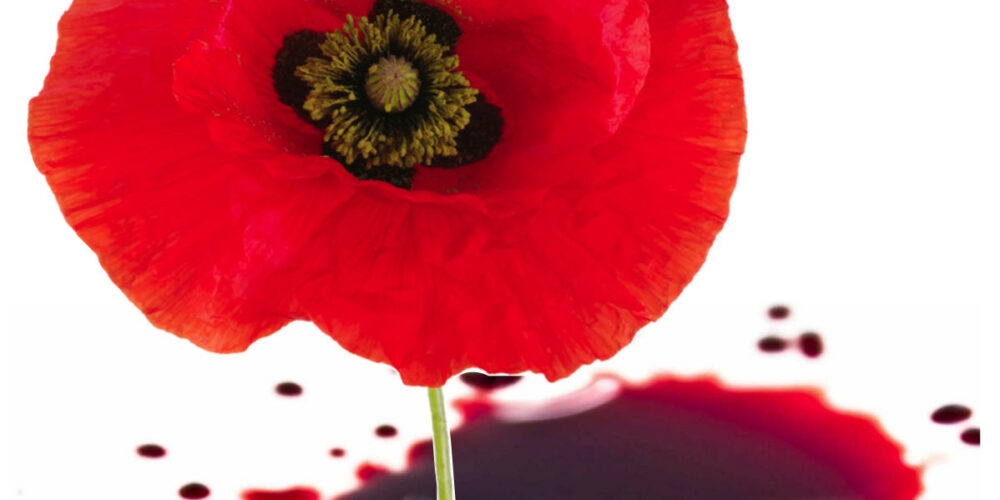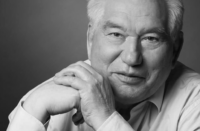The 11th hour of the 11th day of the 11th month of 1918 witnessed the signing of the armistice, bringing an end to the First World War, which later resulted in unconditional surrender by Germany. The day is now celebrated as Poppy Day in Britain, Canada and Australia and as Veterans’ Day in America.
The red poppy became the symbol of remembrance for the soldiers who fought in the war, with the Royal British Legion collecting donations. These soldiers mostly came from a working-class background and were sent to fight a war for imperialists against fellow-members of their class. While the red poppy was a symbol for remembering these working-class men who lost their lives in an imperialist war, it has since become a symbol of remembering the imperialist wars themselves, and for supporting the imperialist interests of Britain.
The people most affected by the wars of the past and today are those who did not take part: the civilians who are victims of mass bombings by imperialist countries, such as Britain and the United States. Wars are not fought by imperialists for righteous reasons, even if they claim they are: wars are simply fought for profit and resources. The civilians of such countries as Afghanistan are ignored by those dropping bombs. Where is the remembrance day for them?
The red poppy shows support for the wars fought for profit, resources, and the destruction of the most overexploited countries around the world. When these countries fight back against the imperialists, as we have seen in South America, the imperialists support right-wing insurgents to take back power and allow the exploitation of their people through cheap labour and the extraction of resources.
If we look at Ireland we can see that the imperialist power of Britain has refused to leave. The existence of the border between north and south is a showing of the continued power of imperialism in Ireland. But the red poppy doesn’t remember those who fought against that imperialism but instead remembers those who upheld it, such as the Black and Tans.
The people who were affected by the violence of the Black and Tans and the B Specials are especially forgotten during Remembrance Day. The British ruling class care only about their image and the image of the imperialist wars they wage upon the working-class populations of the countries they continue to exploit.
Britain has been involved in some capacity in fifty-two conflicts since the First World War. The working-class people who will be sent to the front lines of further conflicts will be added to those simply remembered on Poppy Day, while the ruling class line their pockets with the profits of war.
Every socialist must stand up against the warfaring powers of the world and the wars around the world being waged for profit and resources. As James Connolly wrote, “there are no humane methods of warfare, there is no such thing as civilised warfare; all warfare is inhuman, all warfare is barbaric; the first blast of the bugles of war ever sounds for the time being the funeral knell of human progress.”
The continued support for British imperialism through Remembrance Day cannot be what any socialist does. We must take an anti-imperialist stance. We cannot put British imperialism, which has affected every worker of the world, in a good light. We must oppose imperialism; we must oppose wars that benefit the ruling class but are a detriment to the working class; we must stand up for those most affected by these wars.
It is not enough to be neutral: we must be anti-war.
While the men who marched to the trenches “for king and country” are remembered by the modern working class, we must remember the people whose lives and homes were destroyed for the king and that country. Today the king has simply been replaced by the ruling class. The profiteering from the senseless killing of the working class of different nationalities must not be watered down to simply be Poppy Day, and those most affected must not be forgotten or ignored.
Then came August 1914 and England began a war for the freedom of small nations by postponing the freedom of the only small nation in Europe which it was within her power to liberate with the stroke of a pen.
Robert Lynd






